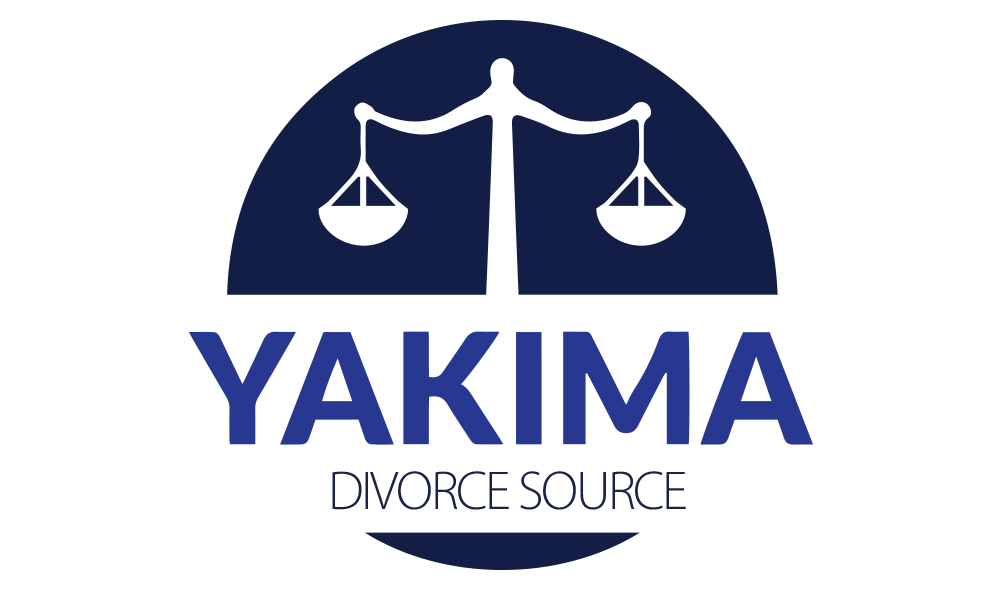Yakima Family Law Attorney
Your Family is Our #1 Priority
Common Family Law Concerns
Although family law encompasses wide-ranging concerns, but we want to make sure you find the exact help you need. Understanding the basics within each category can help you not only become better informed about the matter but also move forward with greater confidence.
These Concerns Include:
- Divorce
- Parenting Plans (Child Custody Arrangements)
- Division of Marital Property
- Child Support
- Spousal Maintenance (Alimony)
- Unmarried Couples
When You're Facing a Divorce
If you’re facing a divorce, you are approaching a significant transition in your life – the results of which will directly affect you and your children’s future. There is no cookie-cutter approach to divorce that works well for every family. In fact, no two divorces ever look exactly the same, but the basic elements of divorce always include (as applicable):
- Your Parenting Plan
- Division of Marital Property
- Child Support
- Spousal Maintenance (Often Called Alimony)
If you and your divorcing spouse can negotiate mutually acceptable terms for each of these matters (regardless of how much intervention you need from your respective family law attorneys), the court will not intervene on your behalf. Further, you can hammer out unique terms that take your unique family into account, and the court is almost certain to sign off on them – as long as they uphold the children’s best interests and are in accordance with the state’s child support calculation guidelines.




Building Your Parenting Plan
What most people think of as their child custody arrangements are referred to as parenting plans in the State of Washington. Your parenting plan will carefully define you and your soon-to-be ex’s ongoing role in your children’s post-divorce/separation custody. Your parenting plan will need to carefully address the following:
• The Decision Making Authority
• Your Residential Schedule
Decision Making Authority
Decision-making authority refers to who will be making important decisions – regarding matters such as their education, health care, religious affiliation, and extracurriculars – for your children. You may share this responsibility (joint decision-making authority), you can each be assigned specific decisions to make on your own (limited decision-making authority), or one of you can take on all of these decisions (sole decision-making authority). When it comes to those more mundane decisions that all parents make on a regular basis (and emergency decisions), the parent in attendance is in charge of the decision making.
Residential Schedule
Your residential schedule outlines which of you your children will be with at any given time. With a joint residential schedule, your children will reside with both of you according to the schedule you land on. With a sole residential schedule, on the other hand, your children will reside with one of you and will very likely have a visitation schedule with the other parent. The parent with whom the children are with most often is the primary residential parent, and the other parent is the non-primary residential parent, which can be important when it comes to child support. If you split your time with your children right down the middle, it’s known as equal parenting.
Division of Property
Washington is one of the few states that is a community property state. This means that your marital property (called community property in Washington) – which is that property that you acquired over the course of your marriage – will be divided, often, equally between the two of you. The fact is that this division is a significant financial concern, and the court has considerable discretion in the matter. This means that the court can consider multiple factors in its decision-making process. That property that you brought into the marriage with you – and that you kept separate throughout – will generally remain your own separate property. Further, any inheritances or gifts that either of you received in your name alone during your marriage generally will remain separate.
Spousal Maintenance
Washington is one of the few states that is a community property state. This means that your marital property (called community property in Washington) – which is that property that you acquired over the course of your marriage – will be divided, often, equally between the two of you. The fact is that this division is a significant financial concern, and the court has considerable discretion in the matter. This means that the court can consider multiple factors in its decision-making process. That property that you brought into the marriage with you – and that you kept separate throughout – will generally remain your own separate property. Further, any inheritances or gifts that either of you received in your name alone during your marriage generally will remain separate.
Child Support
Washington requires both parents to provide for their children financially, and they balance this responsibility between parents via child support payments. Generally, the non-primary residential parent pays child support to the primary residential parent.
If you share your time equally with the children, however, it usually doesn’t mean that child support won’t play a role. The court will attempt to balance each parent’s financial contribution, and if one parent is a higher earner (and/or contributes less to the children’s support in some way), the court will rectify the financial discrepancy with child support payments from the higher earner to the parent with fewer financial resources.
Child support payments are based on a state calculation formula, but the court has considerable discretion in the matter when there is a reason for deviation from this formula.
Bob Young
An Experienced Family Lawyer in Yakima
Family law is a broad area of the law that addresses issues related to marriage, divorce, child custody arrangements, adoption, paternity, unmarried couples and other matters that affect families. While every family law issue is specific to the family involved, the basic legal elements of these concerns remain the same. If you’re facing a family law issue, turn to an experienced Yakima family law attorney today.
If you’re facing a family law concern, it’s an issue that’s important to you and your children. This is why the dedicated staff at Dobbs & Young in Yakima are not only sensitive to the urgency of the matter but are also personally committed to skillfully advocating for your most favorable case resolution.
We’re here to help, so please don’t delay calling us at 509 577-9177 today.


Get In Touch With Us
Send us a quick message and we will follow up
Openly disclosing any specific case related information does not constitute an attorney client relationship. Please refrain from doing so.
Get In Touch With Us
Send us a quick message and we will follow up
Openly disclosing any specific case related information does not constitute an attorney client relationship. Please refrain from doing so.

